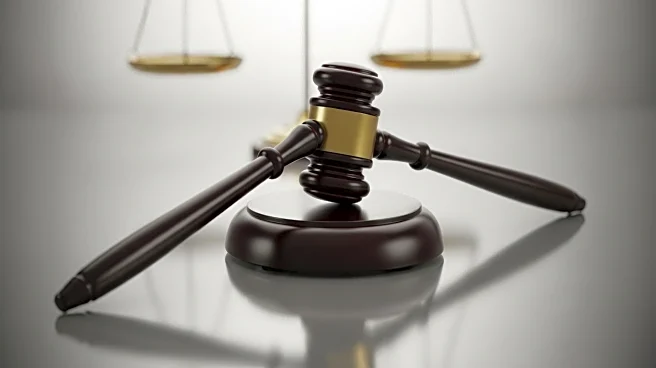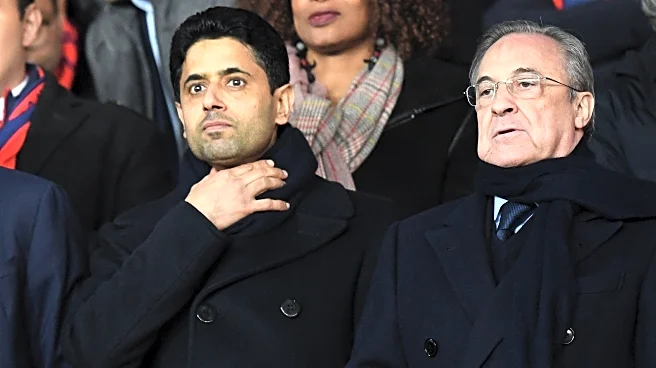What's Happening?
Jon Jones, a prominent figure in the UFC, has been cleared of misdemeanor charges related to an alleged hit-and-run incident. Jones expressed gratitude towards the district attorney's office for thoroughly reviewing the evidence, which ultimately proved his innocence. He emphasized that he was not present at the scene and had not left his house on the night in question. Jones criticized the rush to judgment that occurred before any substantial evidence was gathered, noting that the allegations were made public shortly after his retirement from competition. He believes the accusations were fabricated by an individual attempting to avoid a DWI charge and evade accountability.
Why It's Important?
The dismissal of charges against Jon Jones highlights issues within the legal system, particularly concerning the impact of false accusations. This case underscores the importance of evidence-based investigations and the potential harm caused by premature judgments in the court of public opinion. For Jones, the incident disrupted his retirement and tarnished his reputation, illustrating the personal and professional consequences of such allegations. The case also raises concerns about the accountability of individuals who make false claims and the implications for law enforcement agencies involved.
What's Next?
Jon Jones has called for the individual responsible for the false accusations to be held accountable by Albuquerque's law enforcement. This could lead to further legal proceedings or investigations to address the misconduct. The case may prompt discussions within the UFC and broader sports community about the handling of legal issues involving athletes. Additionally, it could influence public discourse on the reliability of accusations and the importance of due process.
Beyond the Headlines
The situation with Jon Jones may have broader implications for the sports industry, particularly regarding the treatment of athletes facing legal challenges. It highlights the need for balanced media coverage and the potential for reputational damage from unverified claims. The case could also contribute to ongoing debates about the role of public opinion in legal matters and the ethical responsibilities of those involved in making accusations.











